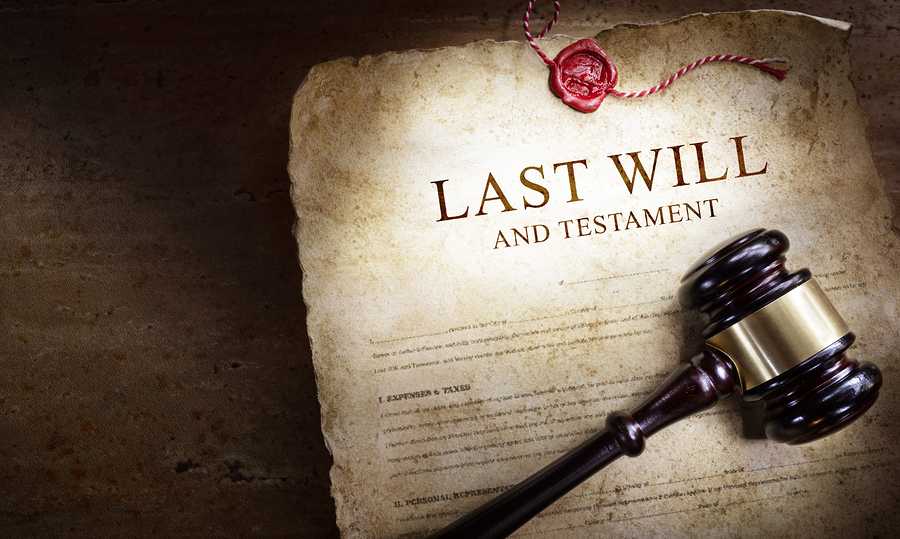Estate Planning Mistakes by Famous People

The instructions for the disposition and management of one’s estate at death through the use of wills, trusts, and other devices can cover almost about any topic you can think of. While the majority of instructions in estate planning concern finances, wills and trusts frequently guide decisions regarding health care, guardianships, business, education and even which heir gets the entire Barry Manilow record collection.
Born2Invest’s recent article entitled “The biggest estate planning blunders of all time” looks at a few colossal estate planning mistakes by the rich and famous. Estate planning mistakes by famous people show you what can go wrong in the worst of ways.
Estate planning usually conjures up thoughts of drafting a will by an attorney. Although the cost of drafting an estate plan varies significantly based on location and complexity, it can range from a few hundred dollars to several thousand. Regardless of the cost, hiring an experienced estate planning attorney will save your family time, money and anguish after your death.
With that said, let’s take a look at some estate planning mistakes by famous people who simply didn’t get around to this very important task.
Ted Williams (Baseball Legend). When Ted died in 2002, he had one will that said his body should be cremated, and another that instructed he should be cryogenically frozen. As you can imagine, there was a fight among his children. This resulted in Ted’s decapitation (postmortem). Therefore, the Splendid Splinter, the greatest baseball hitter of all time, had his body and head frozen in Arizona at Alcor Life Extension Foundation.
Sonny Bono (Singer and Congressman). Sonny didn’t create a will. As a result, he passed away intestate. A lawsuit was initiated by ex-wife and singing star, Cher, to collect $1.6 million in unpaid alimony, along with a fraudulent claim by an illegitimate child (disproven by DNA testing), and Sonny’s widow, Mary.
Heath Ledger (Actor). Heath failed to revise his will after the birth of his daughter. At his death in 2003, his entire estate was split between his parents and sisters, but they agreed to give all the money to his daughter.
Philip Seymour Hoffman (Actor). The Oscar-winning actor also never updated his will after the birth of his two daughters. Since he wasn’t married to his then girlfriend, there was an approximate $12 million estate tax that was owed.
Joe Robbie (the owner of the NFL Miami Dolphins). Robbie had a substandard estate plan that contained a pour-over will and revocable inter vivos trust. This was designed to defer estate taxes until after the death of his wife. However, it didn’t work as planned. She demanded her “elective share” as spouse, 30% of the husband’s illiquid estate, which created a $47 million tax bill that could only be settled by selling off his football team. His 11 children also went to court to fight over his estate.
James Brown (Singer). The “Godfather of Soul” wasn’t around to witness the 12-year epic legal battle among several blended families over his estate.
Barry White (Singer). White died in 2003 in the middle of divorce proceedings. Legally speaking, he was still only separated from his wife. As a result, she got it all, instead of his current girlfriend and mother of nine kids.
There are many more famous people who posthumously became members of this dubious club. Their eligibility for membership was poor estate planning that resulted in unintended—and in some cases, tragic—consequences. Although many Americans can’t really identify with these mega-wealthy or public icons, they do have assets and families and friends, and everyone should expect to need an estate plan. See here for ideas on how to do it properly https://galligan-law.com/a-will-is-the-way-to-have-your-wishes-followed/
The club of estate planning mistakes by famous people shows the rest of us the need for proactive professional planning. Be certain that you work with a qualified estate planning attorney, so that your estate plan doesn’t end up like the ones above.
Reference: Born2Invest (January 27, 2020) “The biggest estate planning blunders of all time”


